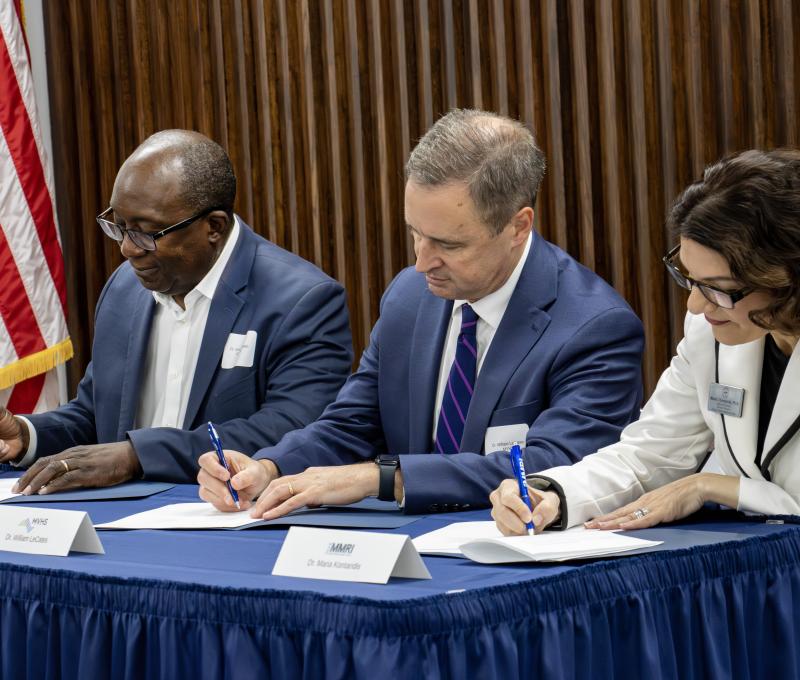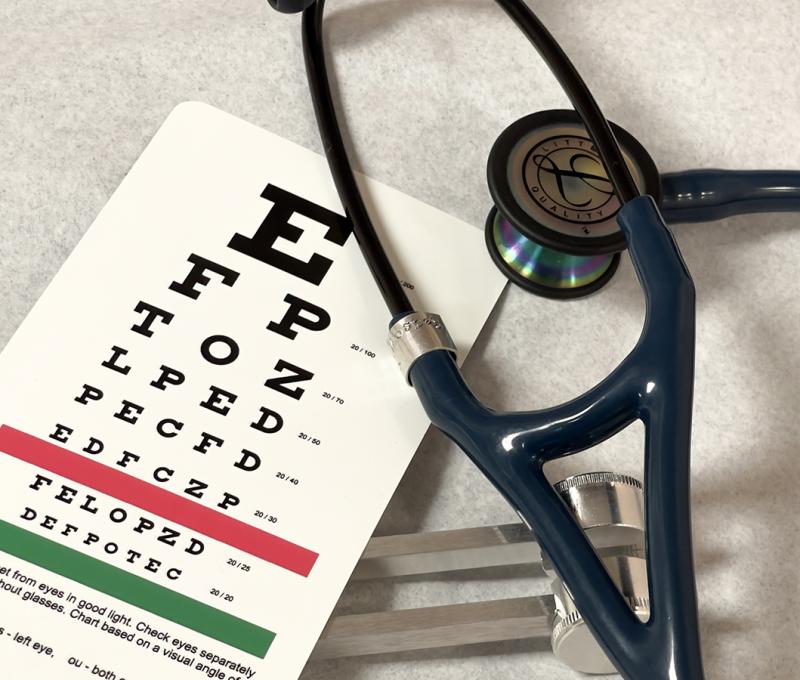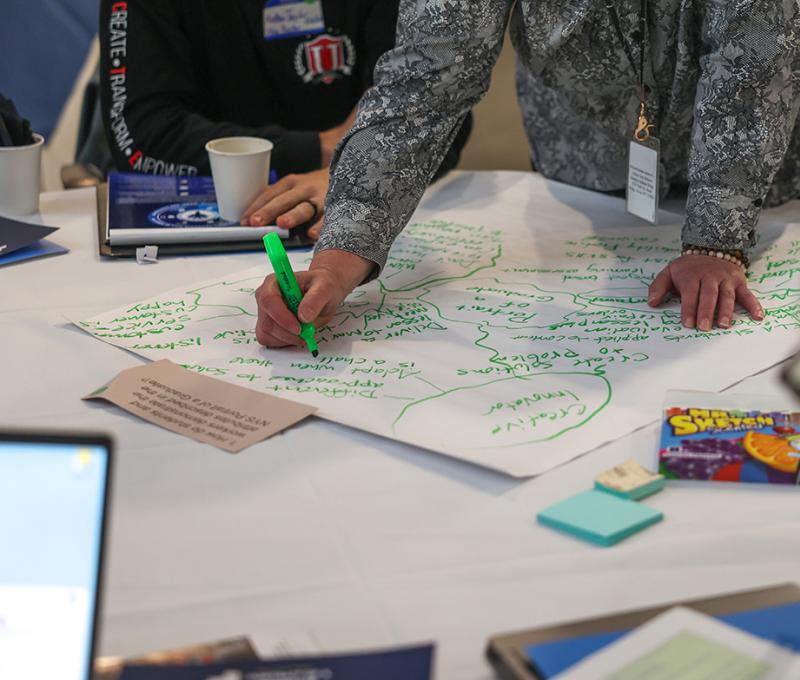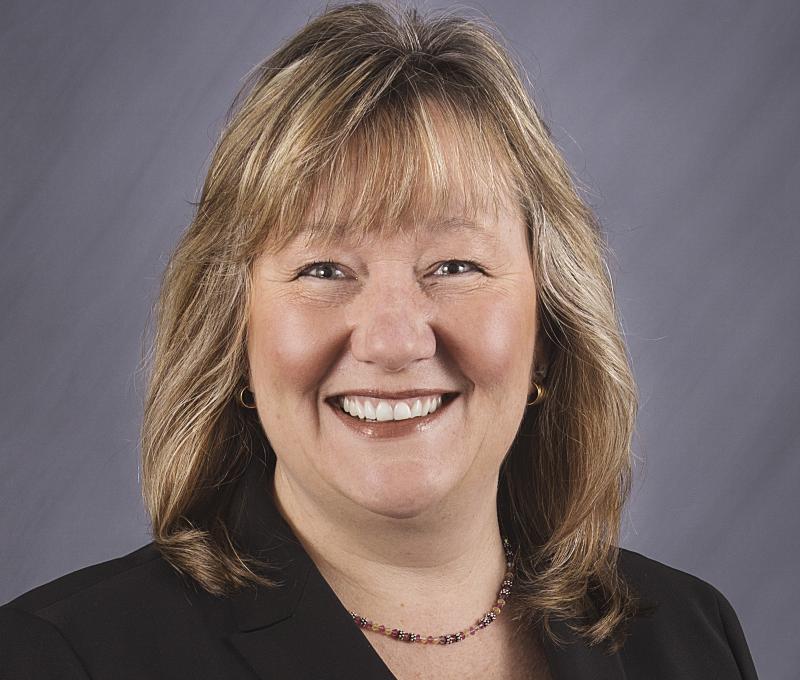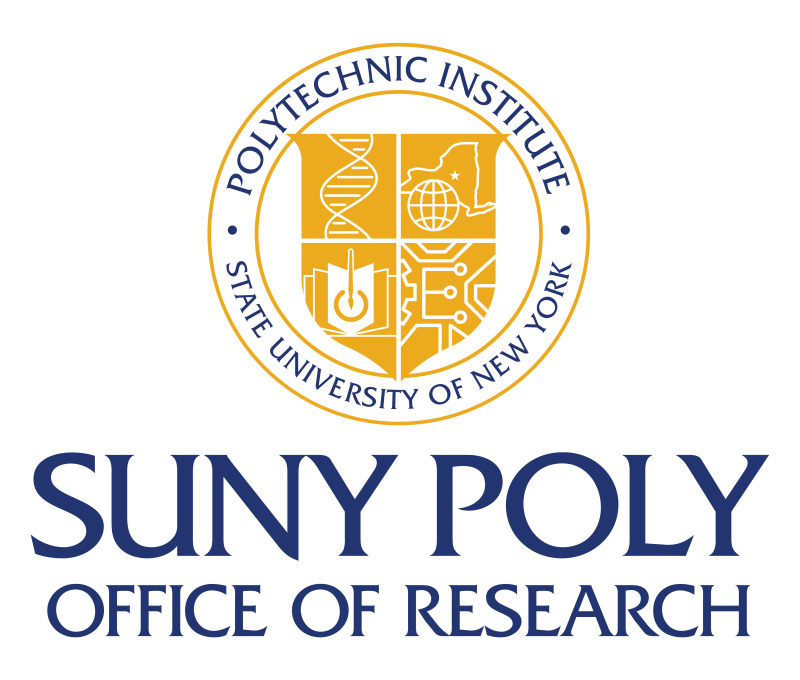SUNY Poly CNSE to be Highlighted in New PBS Nova Documentary
Titled ‘Treasures of the Earth’

For Release: Immediate – May 5, 2015
Contact: Jerry Gretzinger, Vice President of Strategic Communications and Public Relations
(518) 956-7359 | jgretzinger@sunycnse.com
Segment on Silicon to Feature Inside Look at Cutting Edge Cleanrooms and Insight From SUNY Poly CNSE Faculty
Albany, NY - As a testament to Governor Andrew M. Cuomo’s success in establishing New York State’s global leadership in nanotechnology research and development, SUNY Polytechnic Institute’s Colleges of Nanoscale Science and Engineering (SUNY Poly CNSE) today announced it’s Albany NanoTech Complex was selected by the popular science television program, Nova, for inclusion in a new documentary series called ‘Treasures of the Earth’ to be aired on Public Broadcasting Service (PBS) in the United States and in more than 100 other countries. The three-part series will feature SUNY Poly CNSE and its world-class faculty and staff as it explains the significance of silicon and its revolutionary use across a range of technologies.
“To have a world renowned science series like Nova film at SUNY Poly CNSE is a strong sign that Governor Andrew Cuomo’s blueprint to build New York State’s reputation as a truly international resource for next generation technology development is working,” said Dr. Alain Kaloyeros, President and CEO of SUNY Poly. “Many of our brilliant scientists, researchers and faculty grew up watching Nova and we are honored to now have the opportunity to inspire others by giving them a close-up look at the leading edge innovation that happens here.”
Nova’s London based production crew recently visited the SUNY Poly NanoTech Complex in Albany and was provided access to its cutting edge cleanrooms. Dr. Christopher Borst, Associate Vice President for G450C Technical Operations and Associate Professor of Nanoengineering, was interviewed about the importance of silicon and how its widespread use continues to be critical in developing next generation technologies. Dr. Pradeep Haldar, SUNY Poly CNSE Vice President of Entrepreneurship Innovation and Clean Energy Programs, was asked to share his expertise on silicon’s role in solar panel manufacturing and its importance in the future of affordable, renewable energy technologies.
“Governor Cuomo has created a platform for SUNY Poly CNSE to blaze new trails in clean energy technology, and when a storied program like Nova decides to produce a special feature on that work, you know the world is beginning to realize the significance of what we’re doing here,” said Haldar. “I’m delighted to have had the opportunity to share just a small piece of the game changing research being conducted here and am certain the program will provide viewers with an excellent lesson on the exciting future of solar technology.
“It was a privilege to work with the crew from Nova and to give the world a glimpse into the cutting edge work we do here at SUNY Poly CNSE,” said Borst. “My parents were big PBS advocates, so I saw my share of Nova programming growing up. I hope what we’ve been able to share on our silicon based research and development will spark curiosity and interest among today’s young innovators, just as Nova did for me when I was a child.”
Nova revolves around a simple premise: the world of science is exciting. For Nova viewers, science means adventure and exploration because from ants to aliens, the weekly documentary series probes the far reaches of earth, sea and stars. Nova proves that science is neither secret lore nor sacred ritual but rather, at its heart, a lifelong journey of discovery.
An airdate for SUNY Poly CNSE’s feature in Nova’s ‘Treasures of the Earth’ has yet to be announced.
########################
SUNY Polytechnic Institute. SUNY Polytechnic Institute (SUNY Poly) is New York’s globally recognized, high-tech educational ecosystem, formed from the merger of the SUNY College of Nanoscale Science and Engineering and SUNY Institute of Technology. SUNY Poly offers undergraduate and graduate degrees in the emerging disciplines of nanoscience and nanoengineering, as well as cutting-edge nanobioscience and nanoeconomics programs at its Albany location and undergraduate and graduate degrees in technology, including engineering, cybersecurity, computer science, and the engineering technologies; professional studies, including business, communication, and nursing; and arts and sciences, including natural sciences, mathematics, humanities, and social sciences at its Utica/Rome location. Thriving athletic, recreational, and cultural programs, events, and activities complement the campus experience. As the world’s most advanced, university-driven research enterprise, SUNY Poly boasts more than $20 billion in high-tech investments, over 300 corporate partners, and maintains a statewide footprint. The 1.3 million-square-foot Albany NanoTech megaplex is home to more than 3,500 scientists, researchers, engineers, students, faculty, and staff, in addition to Tech Valley High School. SUNY Poly operates the Smart Cities Technology Innovation Center (SCiTI) at Kiernan Plaza in Albany, the Solar Energy Development Center in Halfmoon, the Central New York Hub for Emerging Nano Industries in Syracuse, the Photovoltaic Manufacturing and Technology Development Facility in Rochester, and the Smart System Technology and Commercialization Center (STC) in Canandaigua. SUNY Poly founded and manages the Computer Chip Commercialization Center (Quad-C) at its Utica location and also manages the $500 million New York Power Electronics Manufacturing Consortium, with nodes in Albany and Rochester, as well as the Buffalo High-Tech Manufacturing Innovation Hub at RiverBend, Buffalo Information Technologies Innovation and Commercialization Hub, and Buffalo Medical Innovation and Commercialization Hub. For information visit www.sunycnse.com and www.sunypoly.edu.



